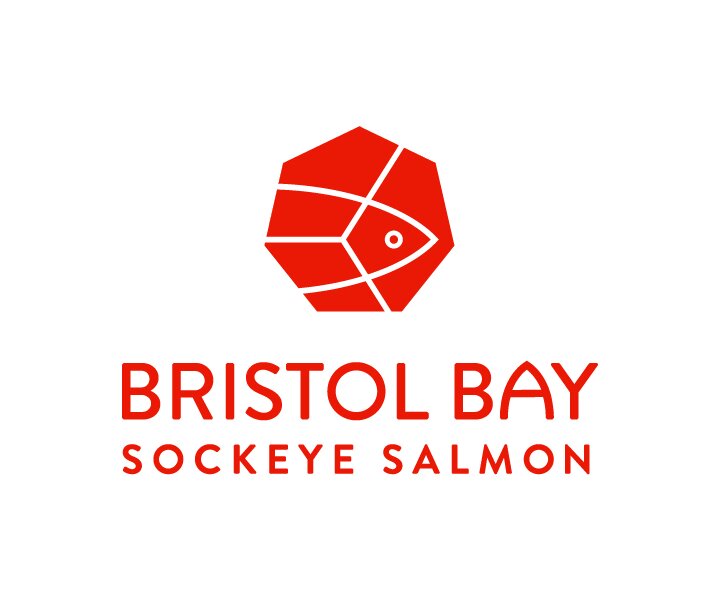Meet Jeff Regnart & Michael Link - Bristol Bay Science & Research Institute
/BBRSDA has helped fund the work of the Bristol Bay Science & Research Institute (BBSRI) in support of the Port Moller Test Fishery and the Bristol Bay Fisheries Collaborative (BBFC) Salmon Assessment Project. This important research and monitoring is led by Michael Link and Jeff Regnart (of BBSRI). The Port Moller Test Fishery provides critical in-season data about salmon runs for fishermen, processors, and managers, while BBFC fundings ensures core fishery management functions are executed in an effort to maximize sustainable harvest yield and ensure future runs remain healthy.
We caught up with Michael and Jeff who both have deep ties to Alaska salmon and years of experience with salmon science:
BBRSDA: How did you first get involved with salmon science in Alaska?
ML: I worked on a US/Canada salmon tagging project on the Taku River from 1986 through 1991. I was struck by the professionalism within ADF&G and the State’s salmon management. So impressed with Alaska and its people, I married a born-and-raised Alaskan at the “Border Cut” on the banks of the Taku in August 1991. After graduate school and working out of state, I returned to Alaska in 1998. I worked for ADF&G in the Bay in 1999-2000, and began with BBSRI as its Executive Director in 2001.
JR: My first exposure to Alaska salmon science was at the age of 8, assisting my father, Ron Regnart an ADFG biologist, in surveying a stream. The experience of being on that stream surrounded by spawning salmon hooked me for life.
BBRSDA: What is most exciting to you about your work with BBRSDA?
ML: Its membership’s desire to “move the needle”; to make things better. Fishermen have much to offer salmon management in Alaska. Their stake in the short- and long-term fate of stocks gives rise to an intensity and focus to not simply accept the status quo. In the Bay, the creation of the BBRSDA provided additional structure for fishermen to focus their knowledge, experience, and money. The substantial improvements to the Port Moller Test Fishery over the last two decades are because of the technical and financial support from BBRSDA and its current and past directors. In 2000-2001 when the fishery provided negative average net incomes to harvesters, I led a study to examine options to restructure the Bay salmon fishery. Improving the quality of the harvest and investing in marketing was identified as the simplest, least regulatory challenging way to capture significant foregone wealth from the fishery. I remember disparaging comments about this conclusion and was heartened when the BBRSDA and others later helped to make this conclusion a reality.
JR: What I find to be the most exciting and fulfilling part of the work that we do with BBRSDA is being able to assist in providing real time information to the fleet that allows them to maximize the value of their catch
BBRSDA: What is your favorite way to enjoy Bristol Bay salmon at home?
ML: With my son. Especially when he was very young. “Daddy, it is amazing that a food that tastes so good is a such a great brain food!”.
JR: Our favorite seafood meal is a Bristol Bay sockeye salmon fillet baked in a creamy dill sauce served over rice.
Thank you Jeff and Michael!





